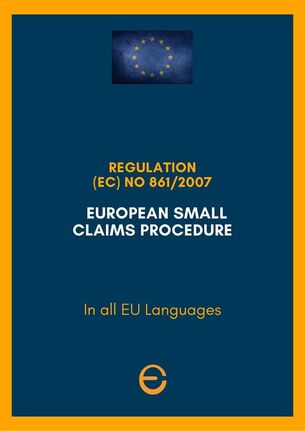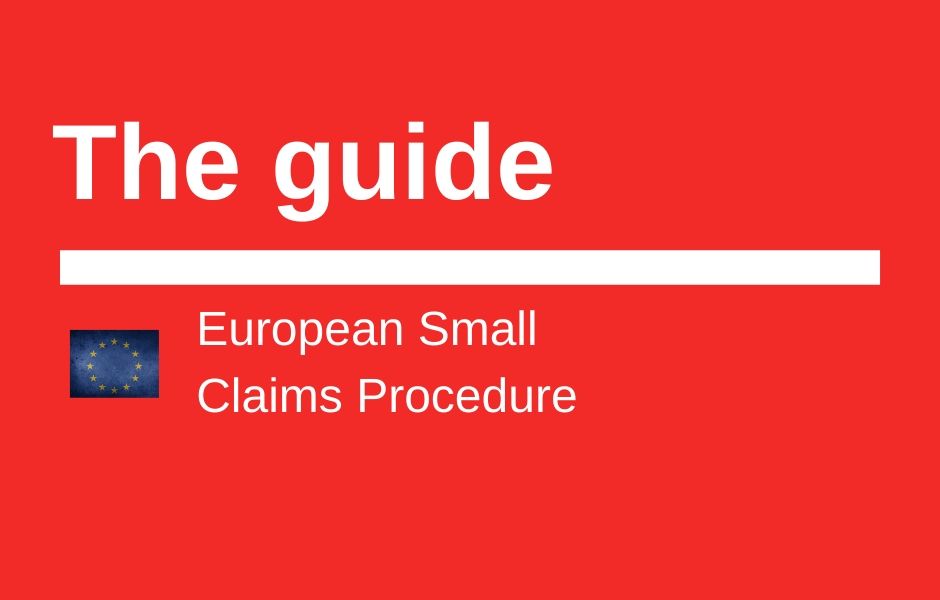European small claims procedure
|
What is it for? You can use the European Small Claims Procedure to make a claim against:
The European Small Claims Procedure is an alternative to national procedures. A judgment for this procedure is recognised and enforceable in another EU country and cannot be opposed (unless there are inconsistencies with an existing judgment in the other EU country between the same parties). Advantages:
|
How much does it cost?
You will usually have to pay a court fee which will be reimbursed if your case is successful.
In cross-border cases, you may also have to pay for forms to be translated. This cost will be reimbursed if your case is successful.
How does the claim procedure work?You can make a claim using the small claims forms.
Outcome of the claim and enforcement
The enforcement authorities will enact the decision following national rules.
A court can only refuse to enforce the judgement if it's incompatible with a previous judgement between your company and the defendant on the same issue.
The judgment will be valid for all EU countries, except Denmark.
Related topics
You will usually have to pay a court fee which will be reimbursed if your case is successful.
In cross-border cases, you may also have to pay for forms to be translated. This cost will be reimbursed if your case is successful.
How does the claim procedure work?You can make a claim using the small claims forms.
- Fill out Form A and send it to the court that has the jurisdiction over the claim. This could be in the country where your business is established or in the other EU country concerned.
- Once the court receives the application form it must fill in its part of the answer form.
- The court may ask you to fill in form B if they think you need to add more information.
- Within 14 days of receiving the application form, the court must serve a copy of it — along with the answer form — to the defendant.
- The defendant has to fill out their part of the answer form within 30 days.
- The court must send you a copy of any reply within 14 days.
- The court has 30 days after receiving the defendant's answer (if any) to:
- give a judgment on the small claim
- request further details in writing from either party (you or the defendant)
- summon the parties to an oral hearing (for oral hearings no lawyer has to be present)
Outcome of the claim and enforcement
The enforcement authorities will enact the decision following national rules.
A court can only refuse to enforce the judgement if it's incompatible with a previous judgement between your company and the defendant on the same issue.
The judgment will be valid for all EU countries, except Denmark.
Related topics



